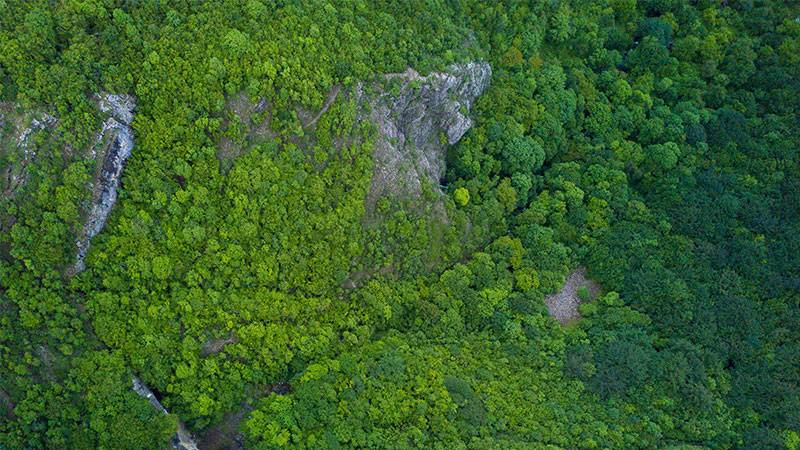The Colombian Amazon rainforest, a biodiversity hotbed and vital carbon sink, has been ravaged by deforestation for years. But recent governmental figures suggest that Colombia could finally be turning the tide on deforestation.
A substantial 26% drop in Amazonian deforestation was recorded in 2022, and a 29% decrease was seen nationwide. These reductions have been hailed as the result of a pioneering peace process that put the environment front and center.
The dramatic deforestation decline came six years after the peace accord between the Colombian government and the Revolutionary Armed Forces of Colombia (Farc). The accord, which formally ended six decades of bloody internal conflict that claimed 450,000 lives, unintentionally sparked a land-grabbing spree in Colombia’s forests as other armed groups filled the vacuum left by Farc’s demobilization.
These unforeseen environmental consequences led to a reevaluation of the peace accord. The initial error, according to those who brokered the agreement, was treating the environment as a beneficiary rather than an integral part of the accord.
Under the leadership of President Gustavo Petro, the Colombian government has now embarked on a fresh approach to peace negotiations. The Petro administration has promised to achieve “total peace” through dialogue with the many armed groups that sprang up following Farc’s disbandment. Crucially, environmental protection is now a central feature of these talks.
It is cause for optimism that the deforestation ban was not imposed on the armed groups by the government, Barth argues. Rather, the idea came from the dissidents themselves – a sign that the warring factions, like local communities, are increasingly understanding the need to protect local biodiversity.
According to The Guardian, one key peace negotiation is taking place in Guaviare state, a region at the crossroads of Colombia’s arid plains and the pristine Amazon rainforest. The region’s de facto authority, a dissident rebel faction known as the Estado Mayor Central (EMC), which consists of former Farc fighters, has ordered local farmers to halt deforestation as a “gesture of peace”.
The halt in logging is an unprecedented move in peace negotiations, sparking optimism among conservationists. Preliminary discussions are underway, and formal peace negotiations with the rebels are set to commence soon.
Securing an agreement with the EMC holds significant potential for Amazonian deforestation reduction, given the faction’s vast control over jungle territories. Government officials are exploring ambitious plans for rainforest restoration, including monthly payments for farmers who do not clear trees and providing training in harvesting Amazonian fruits.
Environment Minister Susana Muhamad has also begun reaching out to remote regions often neglected by previous governments to ensure environmental gains are sustainable. Meanwhile, there is growing recognition among local communities and armed factions of the importance of biodiversity protection.
However, achieving ‘total peace’ will not be a straightforward task, with numerous armed groups and gangs operating in Colombia’s countryside. While the EMC has publicly ordered farmers to cease deforestation, allegations persist of their quiet acquiescence to land grabs and cattle ranching.
Experts warn that the path to sustainable peace and environmental protection in Colombia is fraught with challenges. But the recent reduction in deforestation and the unprecedented inclusion of environmental considerations in peace negotiations offer a glimmer of hope for Colombia’s embattled forests.
More inspiring green news similar to this:


